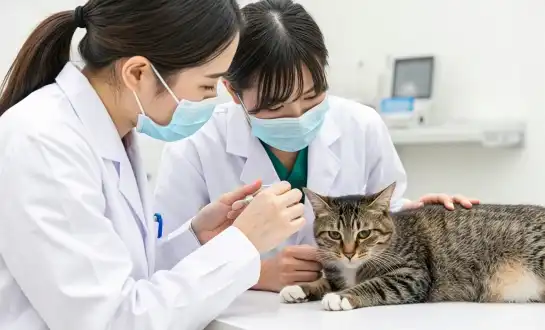The Role of the Immune System in FIP Treatment
Boosting Feline Immunity: Diet and Supplements
Both feline veterinarians and cat owners have long struggled to fully understand the complicated nature of Feline Infectious Peritonitis (FIP). This disease, caused by a mutated form of the feline coronavirus, triggers an abnormal immune response that leads to severe inflammation and organ damage. However, recent discoveries about how the immune system interacts with the virus have shed new light on potential strategies for managing the condition. Innovative approaches focusing on FIP treatments now emphasize not only antiviral action but also immune modulation to help stabilize the cat's overall system. By targeting both viral replication and the immune system's delicate balance, these new FIP treatments aim to reduce inflammation, improve recovery rates, and offer hope to many cats and their caregivers who previously faced limited options.
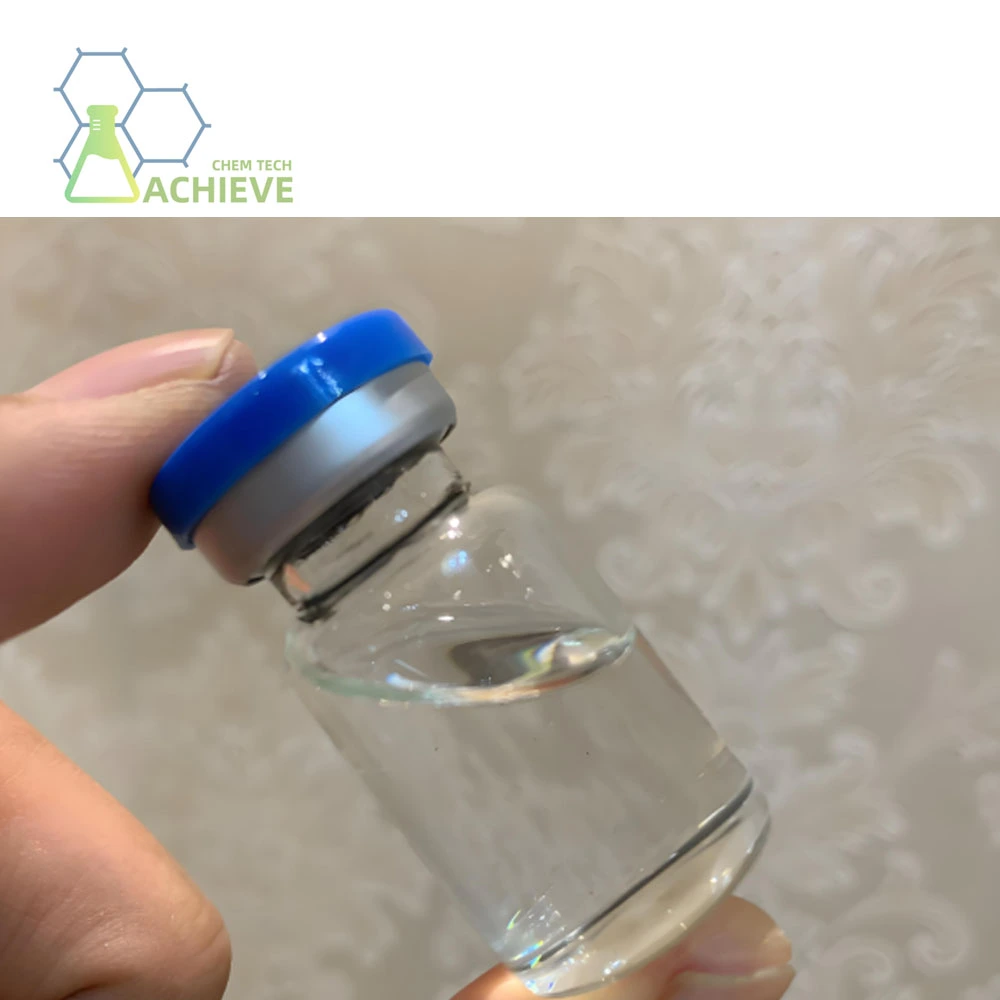
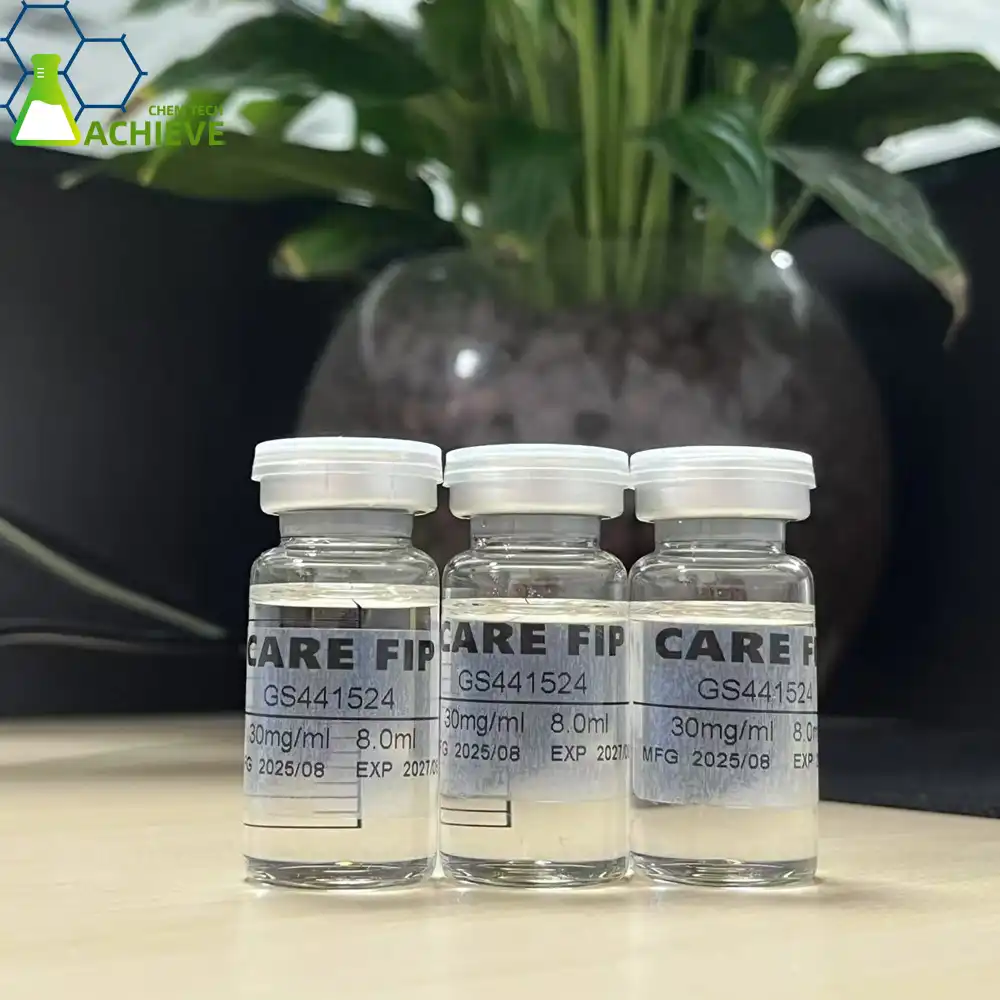
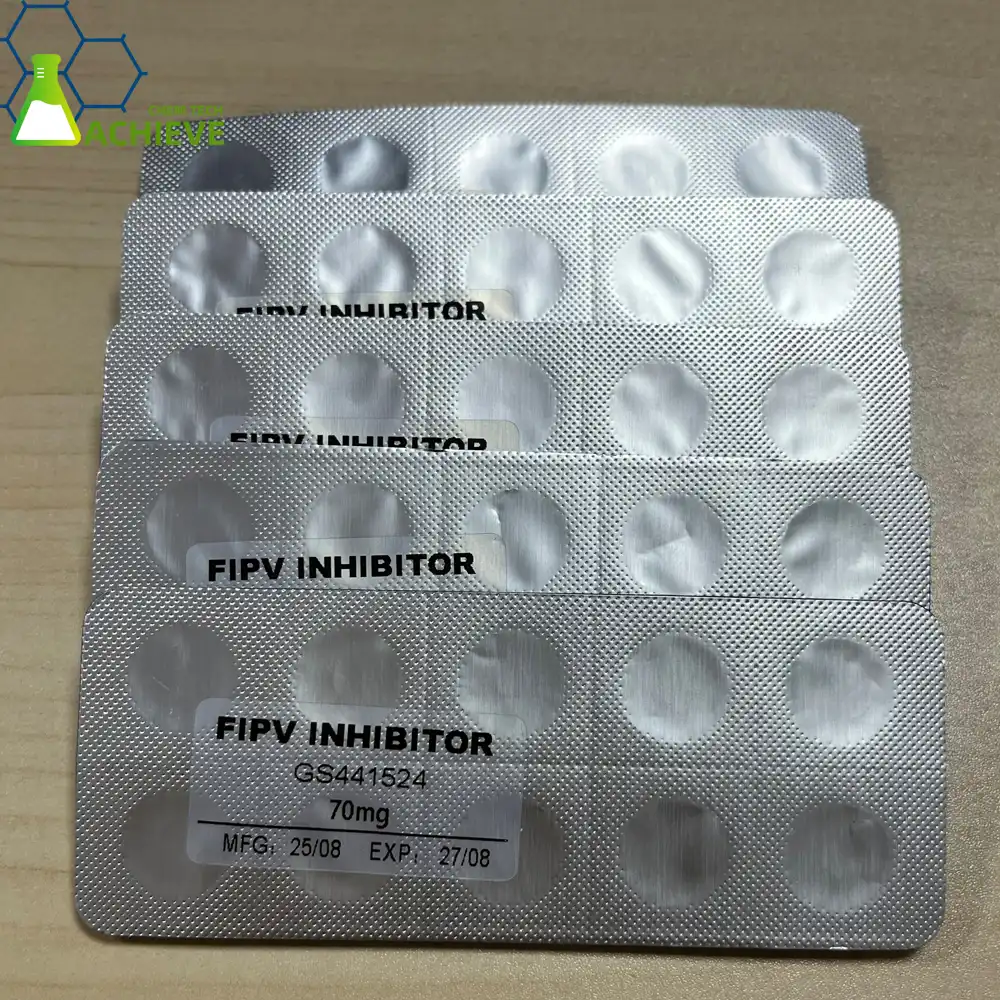
Understanding Immunomodulation in FIP Therapy
Immunomodulation plays a crucial role in the treatment of FIP, targeting the dysregulated immune response that characterizes the disease. By fine-tuning the immune system, veterinarians aim to strike a balance between controlling viral replication and mitigating excessive inflammation.
The Mechanism of Immune Response in FIP
FIP occurs when a mutated form of the feline coronavirus triggers an aberrant immune response. This response leads to widespread inflammation and can affect various organs. Understanding this mechanism is vital for developing effective FIP treatment strategies.
Antiviral Agents and Immune Function
Antiviral medications, such as GS-441524, have shown promise in FIP treatment. These compounds work by inhibiting viral replication, which in turn helps modulate the immune response. The effectiveness of GS-441524 lies in its ability to reduce viral load, allowing the immune system to regain control.
Cytokine Modulation in FIP Management
Cytokines, the signaling molecules of the immune system, play a significant role in FIP progression. Modulating cytokine production and activity can help control inflammation and improve treatment outcomes. Researchers are exploring various approaches to cytokine modulation as part of comprehensive FIP management strategies.
|
|
|
Boosting Feline Immunity: Diet and Supplements
While antiviral treatments are central to FIP management, supporting the feline immune system through nutrition and supplementation can enhance overall health and potentially improve treatment outcomes.
Nutrient-Rich Diets for Immune Support
A balanced, nutrient-rich diet is fundamental in maintaining a robust immune system. For cats undergoing FIP treatment, ensuring adequate intake of essential vitamins, minerals, and antioxidants can help support immune function and overall health.
Omega-3 Fatty Acids and Inflammation Control
Omega-3 fatty acids, particularly EPA and DHA, have anti-inflammatory properties that may benefit cats with FIP. These nutrients can help modulate the immune response and potentially reduce the severity of inflammation associated with the disease.
Probiotics and Gut Health
The gut microbiome plays a crucial role in immune function. Probiotic supplements can help maintain a healthy balance of gut bacteria, potentially enhancing the immune response and supporting overall health in cats undergoing FIP treatment.
Antioxidant Supplementation
Antioxidants such as vitamin E, vitamin C, and selenium can help combat oxidative stress associated with chronic inflammation. These supplements may support the immune system and protect cells from damage during the course of FIP treatment.
 |
 |
 |
Balancing Act: Immune Response Management
Managing the immune response in FIP cases requires a delicate balance. While a robust immune system is necessary to combat the virus, an overactive immune response can exacerbate inflammation and tissue damage.
Monitoring Immune Parameters
Regular monitoring of immune markers, such as cytokine levels and white blood cell counts, can provide valuable insights into the progression of FIP and the effectiveness of treatment. This information allows veterinarians to adjust treatment protocols as needed.
Tailoring Treatment to Individual Cases
Each FIP case is unique, and treatment approaches must be tailored to the individual cat's needs. Factors such as the stage of the disease, organ involvement, and the cat's overall health status all play a role in determining the most appropriate treatment strategy.
Combination Therapies for Optimal Results
Combining antiviral medications with immunomodulatory agents may offer synergistic benefits in FIP treatment. This approach aims to simultaneously reduce viral load and regulate the immune response for improved outcomes.
Managing Treatment Side Effects
While FIP treatment can be effective, it may also come with side effects. Careful management of these side effects is crucial to ensure the cat's comfort and maintain treatment compliance. Regular veterinary check-ups and adjustments to the treatment plan may be necessary.
 |
 |
Conclusion
The role of the immune system in FIP treatment is multifaceted and complex. By understanding the interplay between the virus, the immune response, and various treatment modalities, veterinarians and cat owners can work together to improve outcomes for cats affected by this challenging disease. As research continues to advance, new insights into immune modulation and antiviral therapies offer hope for more effective FIP management strategies in the future.
FAQ
1. How does GS-441524 affect the immune system in FIP treatment?
GS-441524 primarily works by inhibiting viral replication, which indirectly supports the immune system by reducing the viral load. This allows the cat's immune system to better control the infection and potentially resolve the inflammatory response associated with FIP.
2. Can dietary changes alone treat FIP?
While dietary changes and supplements can support the immune system, they are not sufficient to treat FIP on their own. FIP treatment typically requires antiviral medications and potentially other therapies under veterinary supervision.
3. How long does it take to see improvements in FIP symptoms with immune-modulating treatments?
The response to FIP treatment can vary significantly between individual cats. Some may show improvements within days or weeks, while others may take longer. Consistent monitoring and adjustments to the treatment plan are essential for optimal outcomes.
Revolutionize Your FIP Treatment Approach with BLOOM TECH
The immune system plays an essential part in FIP treatment, which is something we at BLOOM TECH well understand. Produced in accordance with stringent GMP standards, our premium GS-441524 guarantees effectiveness and purity for the best possible outcomes. Our dependable solutions are designed to help veterinary practitioners improve their FIP treatment regimens. We have a wealth of knowledge in organic synthesis and pharmaceutical intermediates. Try BLOOM TECH's FIP management for yourself and see how quality and innovation can work together. Contact our expert team at Sales@bloomtechz.com to learn how we can support your FIP treatment needs as a trusted GS-441524 supplier.
References
1. Pedersen, N. C. (2019). "Feline Infectious Peritonitis: A Review of Immunopathogenesis and Current Treatment Options." Journal of Feline Medicine and Surgery, 21(12), 1077-1095.
2. Murphy, B. G., et al. (2020). "The Nucleoside Analog GS-441524 Strongly Inhibits Feline Infectious Peritonitis (FIP) Virus in Tissue Culture and Experimental Cat Infection Studies." Veterinary Microbiology, 240, 108491.
3. Addie, D. D. (2021). "Feline Coronavirus and Feline Infectious Peritonitis Diagnosis and Treatment: Recent Advances." Veterinary Clinics of North America: Small Animal Practice, 51(4), 789-806.
4. Hartmann, K., et al. (2018). "ABCD Guidelines on Prevention and Management of Feline Infectious Peritonitis." Journal of Feline Medicine and Surgery, 20(3), 219-235.

Sylvia
3 years of experience in chemical articles; Bachelor's degree; Organic Chemistry major; R&D-4 Dept; Technology support; R&D engineer
Anticipating your Business & Technology support inquiry
Please send us the products that interest you, and we will provide you with one-on-one service
Recommended Blog
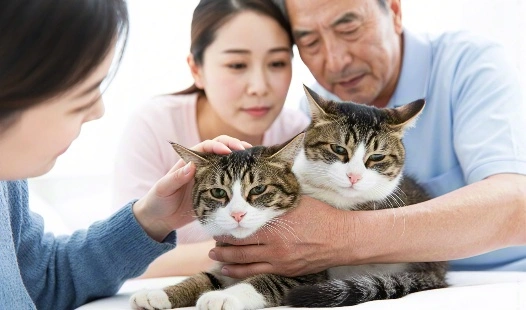
Why Is My Cat's Condition Fluctuating During GS-441524 Treatment?







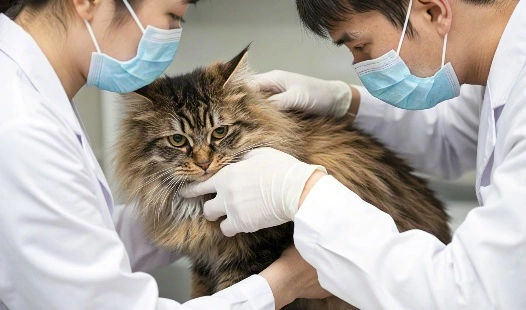
_副本_1760930264826.webp)
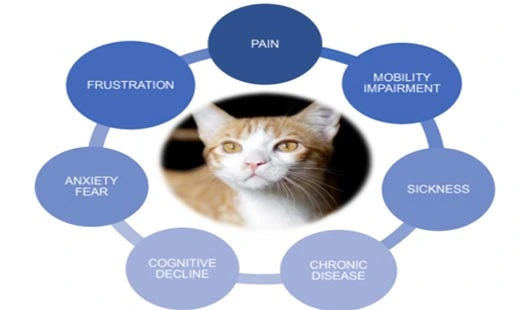

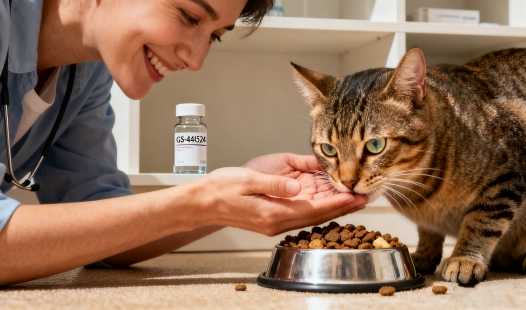


_副本_1759986970404.webp)
